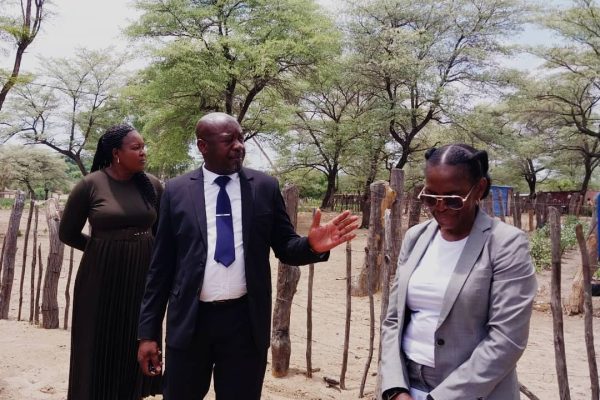
By: Annakleta Haikera
The Namibian police have recorded 98,640 criminal cases during the 2021/2022 financial year, which include robbery, rape and violence against women and children and forms of domestic violence, murder, theft of motor vehicles and livestock, dealing in drugs, housebreaking and theft.
Namibian police inspector general revealed this during the official opening of the Namibian Police Force Senior Command Conference of 2022, which is being held in the Kavango East region for five days.
Most crimes reported were from the Khomas, Oshana, Otjozondjupa and Erongo Regions, with 32.8 per cent, 10.7 per cent, 8.6 per cent, and 7.9 per cent of the total reported crimes, respectively. In contrast, the Kavango West, Kunene, and Omaheke regions were the least affected regions, with 1.3 per cent, 1.5 per cent and 2.9 per cent, respectively.
Ndeitunga also stressed that the biggest challenge that the Namibian police force is faced with is the heavily congested holding cells, which make it difficult for the police to conduct their duties.
“It can be understood that there are so many dynamics involved in influencing the level of crime in each region. Nonetheless, I strongly believe that the Senior Command Conference 2022 has indeed come at the right time when we need to revisit our strategies for combatting crime.
During the five days of deliberations, we will be considering issues that are hampering us in combatting crime and adopt resolutions which will enable us to unlock the gravitational centre of crimes.”
Meanwhile, home affairs, immigration, safety and security minister Albert Kawana said the prevalence of crime in the country is a matter of concern to all.
“The Inspector–General alone cannot carry on without the
assistance of senior police managers. The police in a democratic setup such as Namibia should serve the people. They must be friends of the nation. They must earn the trust and confidence of the nation. In this manner, the community they serve will become their eyes and ears.”
He further said that crime-fighting cannot be the responsibility of the police alone as crime requires the intervention of
stakeholders, particularly the institutions charged with addressing socio-economic issues, which, according to him, in most cases, are the motive that drives criminals to commit economic crimes.
“Crime thrives in an environment of poverty, hunger, unemployment, and lack of economic empowerment.”
Kawana said the conference should have a frank discussion to critically analyse strategic issues and pass concrete resolutions, which are smart, meaning they should be specific, measurable, achievable, realistic and their implementation time-bound.









